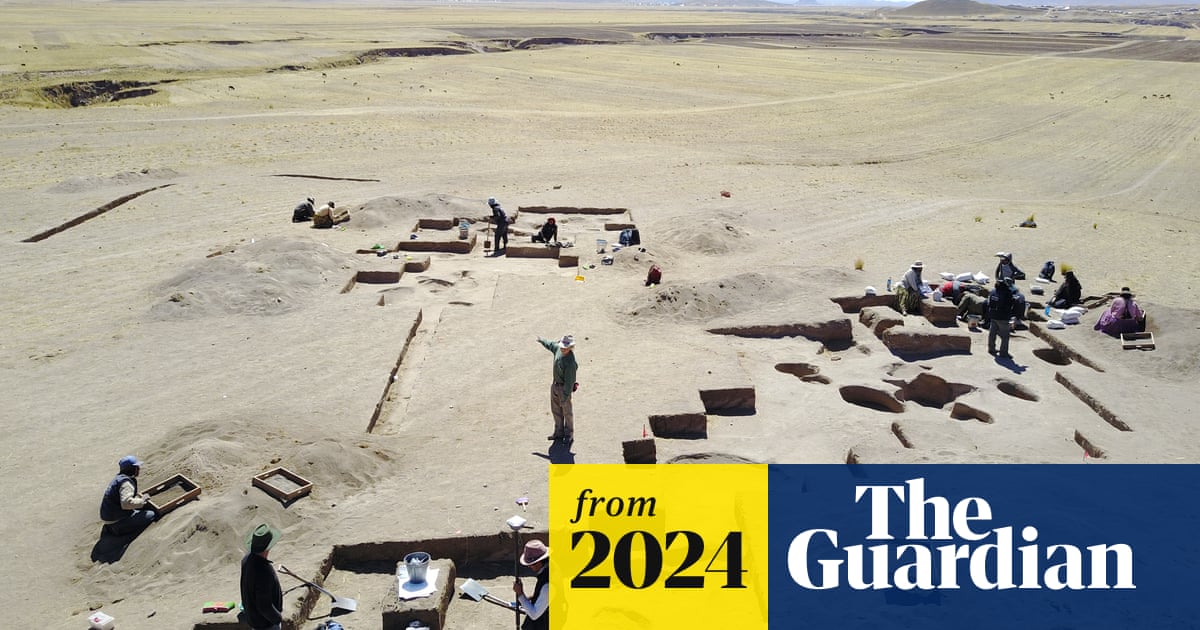Agriculture has only existed for 8,000 years. What do you think our ancestors were eating before then?
In the very small window of time that airplanes allowed access to remote tribes, but were not sophisticated enough to transport agricultural products to remote areas, Weston A. Price travelled the world to study the diets of these people. They got 90-100% of their calories from animal meat, fat, and organs. They were taller, more muscular, with straight teeth and nearly 0 cavities (he was a dentist.) compared to “civilized” people.
Plants are mostly undigestible fiber and nutrient poor. Ungulates have 4 chambered stomachs designed to use bacteria to ferment them into something useful…this digestive system is large, and complex, requiring a large liver capable of producing many compounds necessary to reduce the toxicity of plant defense chemicals.
The herbivore digestive system is metabolically expensive.
Humans have a metabolically expensive organ: the brain. As brains became larger (from consuming animal fat), the human digestive system became necessarily smaller. An animal with a large brain and metabolically expensive digestive system would need to consume huge amounts of calories to survive. But an animal smart enough to cooperate and hunt meat doesn’t need a complex digestive system - and can consume large amounts of calories in a shorter time period, optimizing for survival.
In the very small window of time that airplanes allowed access to remote tribes, but were not sophisticated enough to transport agricultural products to remote areas, Weston A. Price travelled the world to study the diets of these people. They got 90-100% of their calories from animal meat, fat, and organs. They were taller, more muscular, with straight teeth and nearly 0 cavities (he was a dentist.) compared to “civilized” people.
Plants are mostly undigestible fiber and nutrient poor. Ungulates have 4 chambered stomachs designed to use bacteria to ferment them into something useful…this digestive system is large, and complex, requiring a large liver capable of producing many compounds necessary to reduce the toxicity of plant defense chemicals.
The herbivore digestive system is metabolically expensive.
Humans have a metabolically expensive organ: the brain. As brains became larger (from consuming animal fat), the human digestive system became necessarily smaller. An animal with a large brain and metabolically expensive digestive system would need to consume huge amounts of calories to survive. But an animal smart enough to cooperate and hunt meat doesn’t need a complex digestive system - and can consume large amounts of calories in a shorter time period, optimizing for survival.

